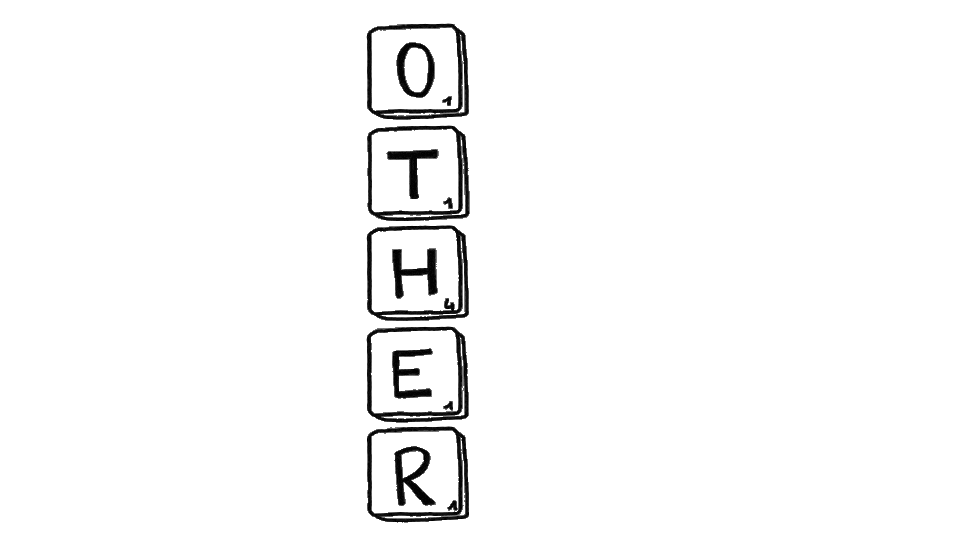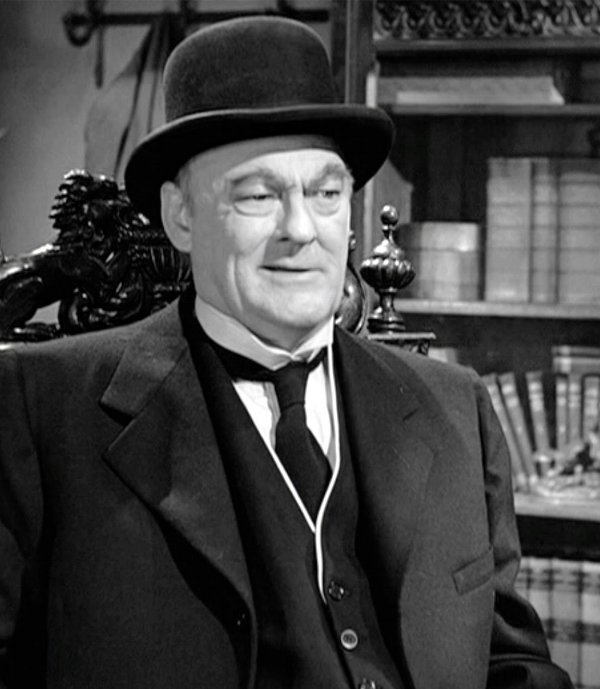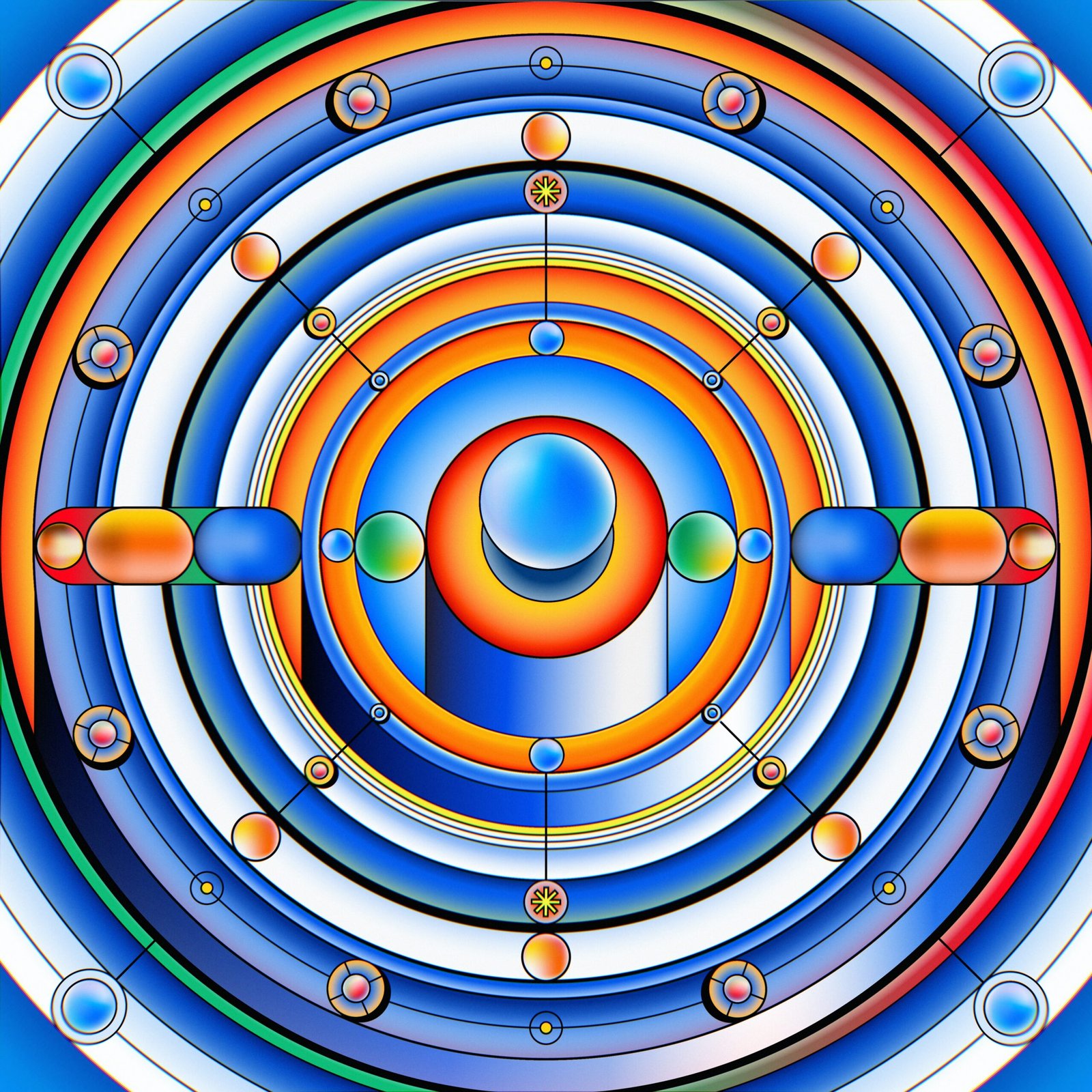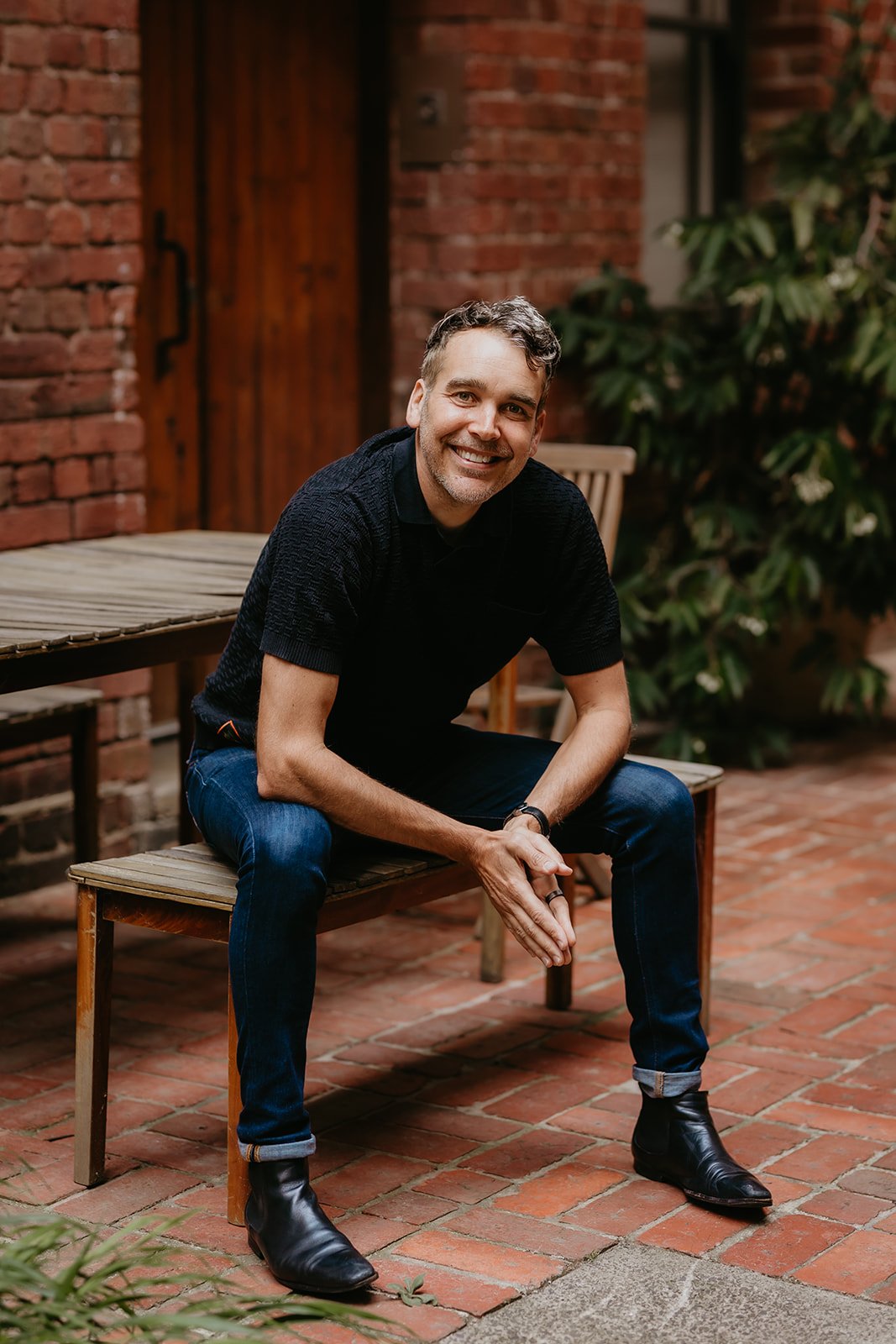Get In Touch
hello@untangld.co
Get In Touch
hello@untangld.co
Follow
|
LinkedIn

We use cookies to make sure you have the best experience on our website. Fear not, we don’t sell your data to third parties.


As humans, we can only process a limited amount of change in a short period of time and in the shifting world of pandemics, wars and homelands, there is an increased need to narrowly define who qualifies as a full member of society.
Today, “othering” shows up in today’s power structures and is used to divide and dehumanise groups, and capture and reshape government and institutions.
As politicians and the media continue to amplify and manipulate our views through the framing of race, religion, nationality or language, organisations need to counter this by showing people how to process othering as a positive force – that our uniqueness only makes us collectively stronger.
The opposite of “othering” is not “saming”, it is belonging and belonging does not insist that we are all the same. It means we recognise and celebrate our differences, in a society where “we the people” includes all the people.
A shift in mentality from ‘doing good for others ‘ to ‘investing in ourselves’ is central to systemic cultural change.









→ Over 20 years experience across APAC and the UK helping redefine some of the world’s most iconic and effective brands, and leading complex research and segmentation projects from Budget Direct, Big4, Crime Stoppers, RACV and CommBank.
